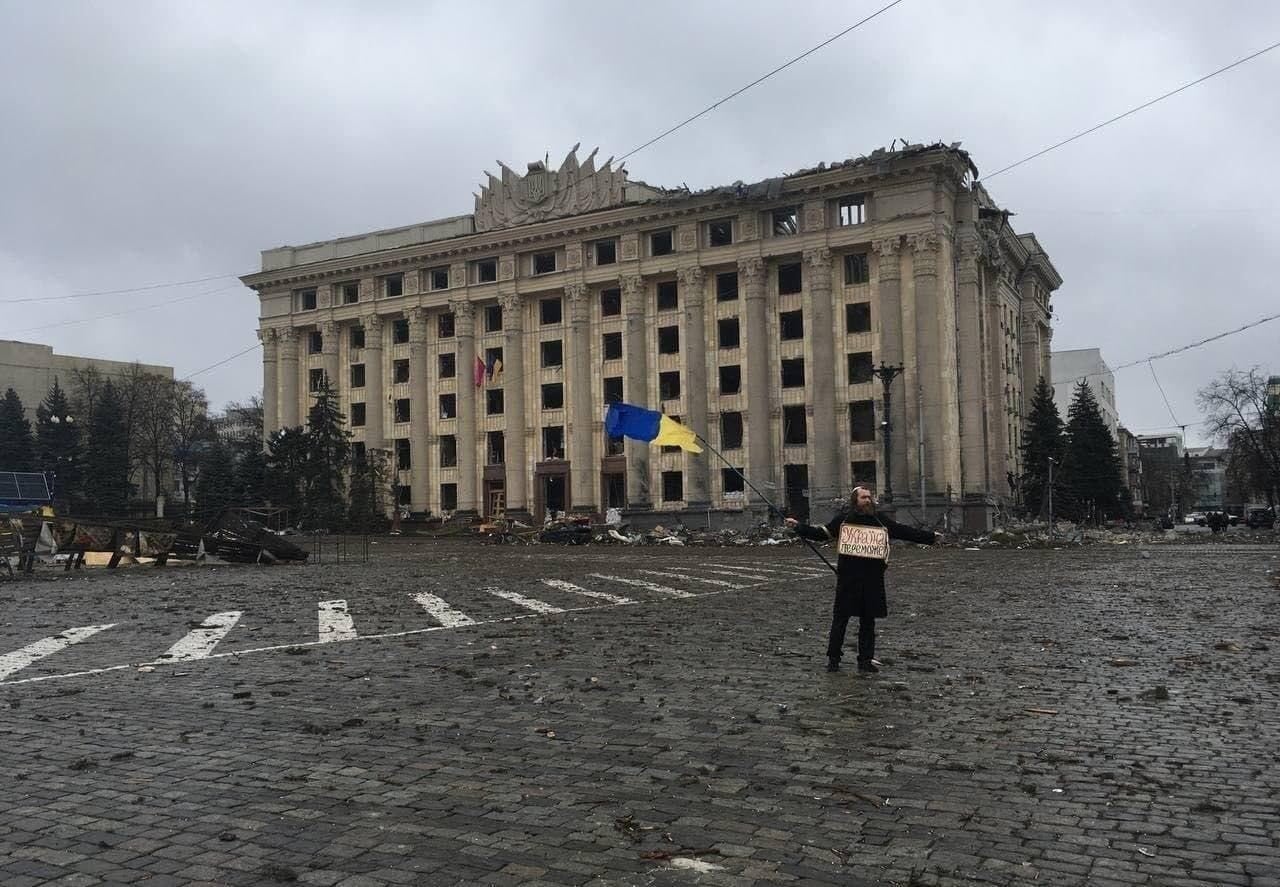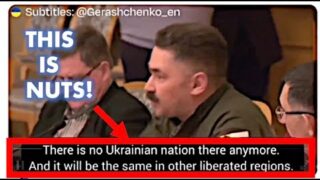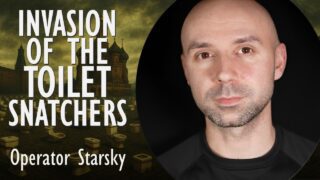
Russian war crimes push cultural break but 30% of Ukrainians still tied to Russian culture
Various estimates suggest that 15-30% of Ukrainians are still unwilling to abandon the Russian language and culture, Anton Drobovych, former head of the Ukrainian Institute of National Memory, said in an interview with RBC-Ukraine.
Ukraine has documented over 150,000 alleged war crimes committed by Russian forces since 2022, which reflects a deep moral falling within Russian society. The uncritical acceptance of Russian culture has often obscured the violent realities of its state actions. By distancing from it, people can reject the normalization of violence associated with it. This shift is essential not only for justice but also for preventing the glorification of a culture that has been complicit in acts of terror.
Drobovych noted that Ukrainians who are hesitant to give up Russian culture tend to seek compromises and ways to normalize its presence in the country. They also represent a potential voter base for pro-Russian politicians.
“Those who have long focused on the Russian-leaning electorate—Russophiles and ‘Pushkin enthusiasts’—recognize these individuals as their potential voters. The war’s outcome will significantly impact such politicians’ electoral prospects,” Drobovych explained.
This spring, a survey by the Kyiv International Institute of Sociology (KIIS) found that two-thirds of Ukrainians support removing the Russian language from official communication, according to UNIAN.
Earlier, 58% of respondents told KIIS they no longer viewed Russia as necessary for Ukraine.
In 2023, Ukrainian President Volodymyr Zelenskyy signed a law condemning and banning the propaganda of Russian imperial policy in Ukraine and decolonizing toponyms, including the names of streets, towns, cities, and other places.
Ten years after Euromaidan, Russia tries to erase Ukraine’s national revival
Local government and military administrations had six months to remove symbols of the Russian empire from public spaces, dismantle monuments and memorial signs, and rename streets and other objects.
Read more:













